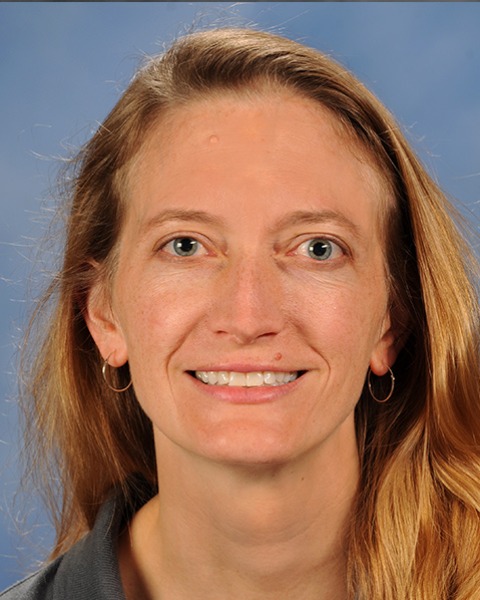
Equine Morbidity and Mortality Rounds: Challenging Equine Emergency and Critical Care Cases from a Surgeon's Perspective
- Registration Closed
Challenging cases involving the equine abdomen and thorax presenting as an emergency are discussed with special attention to surgical decision making and post-operative management from a criticalist perspective.
CE Credit
RACE Program #20-938372 is approved for 2 hours of continuing education credits in jurisdictions which recognize the American Association of Veterinary State Boards’ (AAVSB) Registry of Approved Continuing Education (RACE). However, participants should be aware that some boards have limitations on the number of hours accepted in certain categories and/or restrictions on certain methods of delivery of continuing education.
RACE approval through September 7, 2024.
Rates per individual webinar (live and on-demand)
Registration Rates |
|
|---|---|
| ACVS/ECVS Diplomate/Emeritus Diplomate | $75 |
| ACVS/ECVS Resident | 35 |
| Veterinary/Other Professional | 100 |
| Student/Intern/Technician | 50 |

Maia Aitken, DVM, DACVECC, DACVS (Large Animal)
Assistant Professor of Large Animal Emergency & Critical Care
University of Pennsylvania
Dr. Aitken is an assistant professor of Large Animal Emergency and Critical Care at the New Bolton Center Campus of the University of Pennsylvania’s School of Veterinary Medicine (PennVet). Prior to joining PennVet, she received her Doctor of Veterinary Medicine from Cornell University in 2009. She moved to New Bolton Center for a large animal surgical internship followed by a surgical residency and obtained board certification in large animal surgery (Diplomate of the American College of Veterinary Surgery) in 2015. This was followed by a fellowship in large animal emergency and critical care and resulted in board certification in this specialty (Diplomate of the American College of Veterinary Emergency and Critical Care) in 2019. Dr. Aitken’s professional interests include all areas of emergency medicine and surgery, with a particular focus on colic surgery, postoperative complications, and neonatal emergencies

Britta Leise, DVM, PhD, DACVS (Large Animal) (Moderator)
Assistant Professor, Equine Surgery
Louisiana State University
Dr. Leise graduated from the Louisiana State University (LSU) School of Veterinary Medicine in 2002. She completed an internship in large animal medicine and surgery at the University of Georgia from 2002-2003 and an equine surgery residency at LSU in 2007. She was a clinical instructor in equine emergency and critical care at The Ohio State University where she also completed a PhD in comparative and veterinary medicine. She is currently an assistant professor of equine surgery at LSU.

Margaret Mudge,, VMD, DACVS (Large Animal)
Professor
The Ohio State University
Dr. Mudge is a clinical professor at The Ohio State University. She graduated from the University of Pennsylvania School of Veterinary Medicine in 2000 and completed a rotating equine internship at Rood & Riddle Equine Hospital. She completed an equine surgery residency at the University of California, Davis, and became a Diplomate, American College of Veterinary Surgeons (Large Animal) 2005. She completed a large animal emergency and critical care fellowship at The Ohio State University and became ACVECC-LA boarded in 2007. Margaret has been at The Ohio State University since 2004 and has clinical and research interests in colic and neoplasia.

Jarred Williams, DVM, DACVS (Large Animal)
Clinical Associate Professor
University of Georgia
Dr. Williams is board-certified by the American College of Veterinary Surgery and the American College of Veterinary Emergency and Critical Care, and is currently a clinical assistant professor at the University of Georgia. He completed his veterinary training at the University of Georgia, internship training at Alamo Pintado Equine Medical Center, and residency training at Ohio State University. His clinical interests are in emergency medicine, particularly those presenting in an unstable condition. His research interests are colic and microcirculation.

